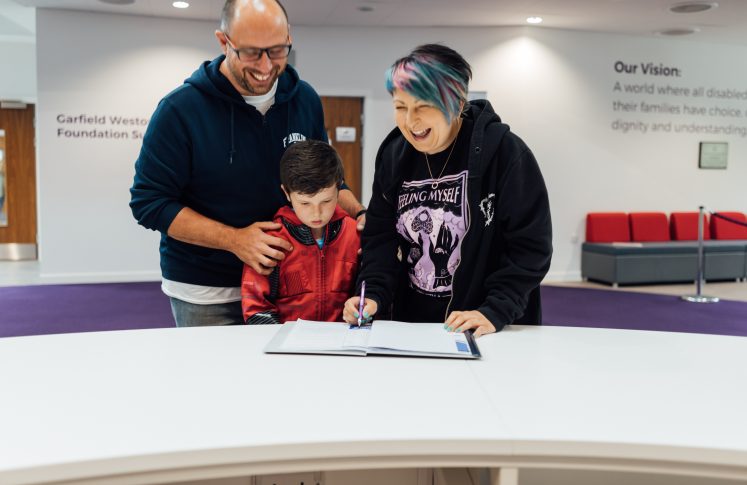
Thank you for your application
Please see information below about next steps and contact information for our Workshops Team.
What happens next?
Supporting Information:
We will ask you to provide some documents to support your application for funding support.
Please look out for an e-mail from: workshops@caudwellchildren.com and check your spam and junk-mail folders.
This may take up to 4 weeks depending on the number of people applying.
Eligibility:
Once we have received your supporting documents your application will be assessed.
This is usually completed within 28 days but may take longer depending on demand.
Funding Application Outcome:
If your funding application is successful, we will send you a Donation Agreement. You need to complete this and return it to us with your £33.40 contribution.
Once we have received your Donation Agreement and £33.40 we will confirm your space on your chosen workshop.
If your application is unsuccessful we will send you a ‘decline letter’.
The information you provide to us as part of your application and once you have received your pack will help us to support more families in the future.
Get in Touch
Workshops Team
Caudwell Children
Caudwell International Children’s Centre
Innovation Way
Keele Science & Innovation Park
Newcastle-under-Lyme
Staffordshire ST5 5NT
Tel: 01782 433749
Email: workshops@caudwellchildren.com
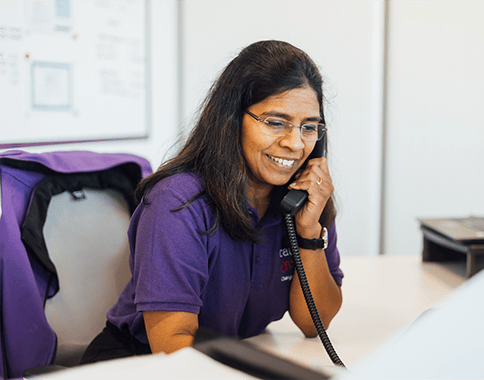
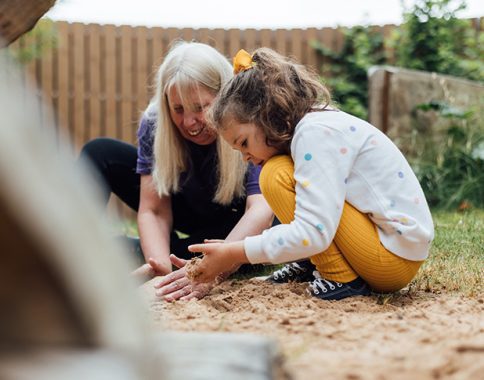
Volunteer
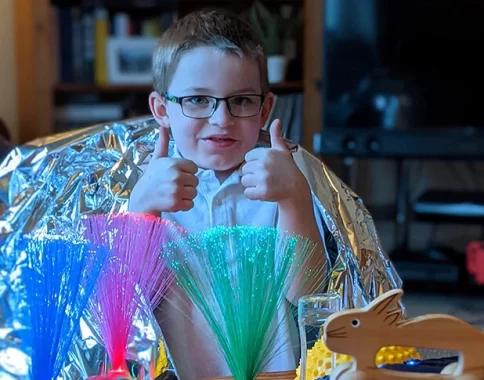
)

)
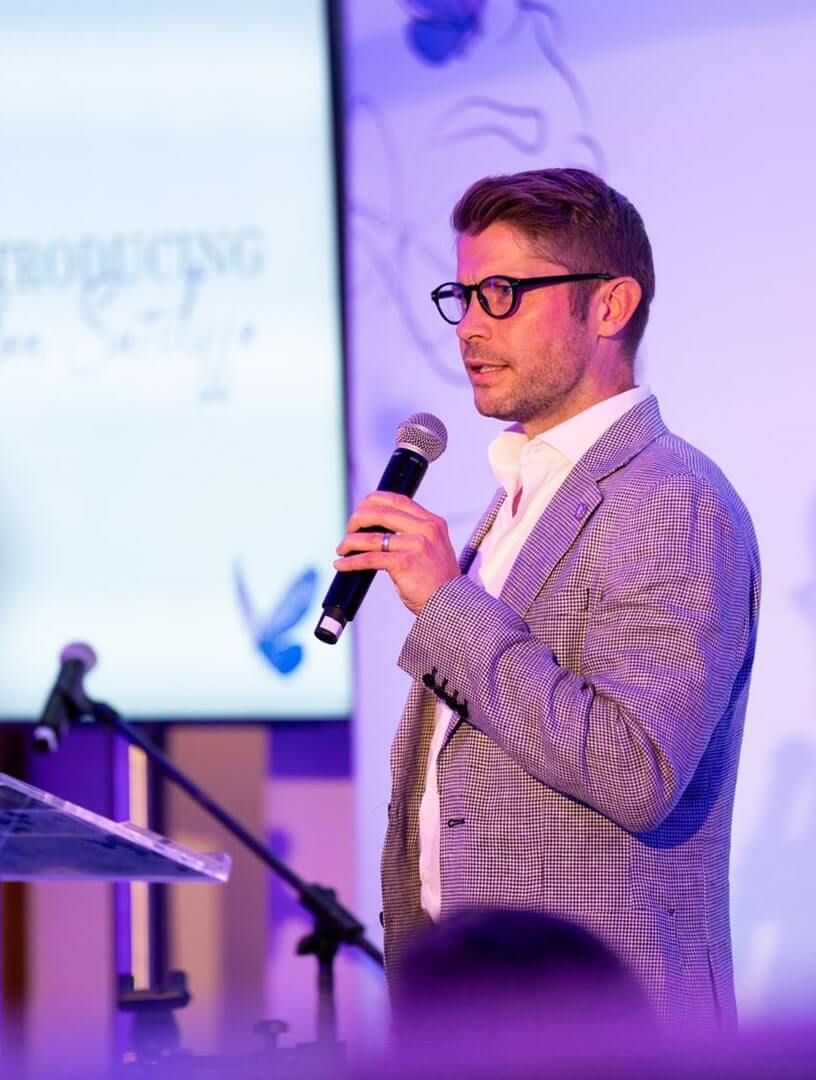)
)
)